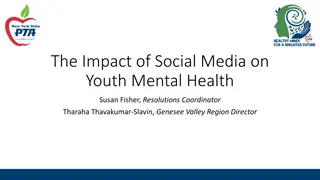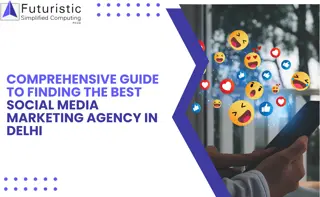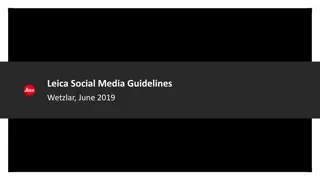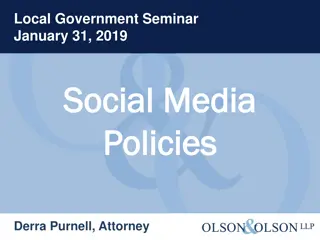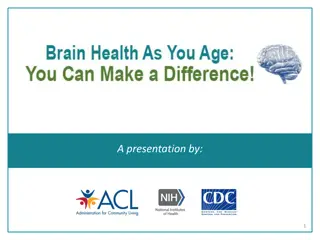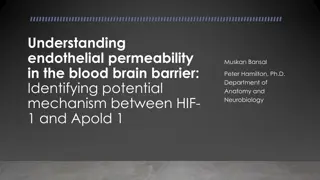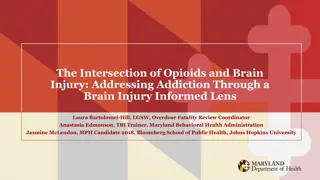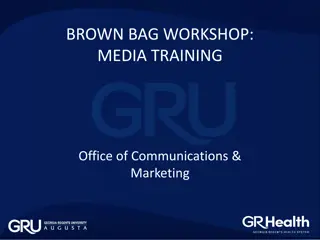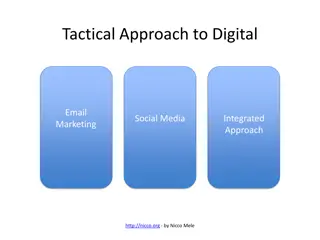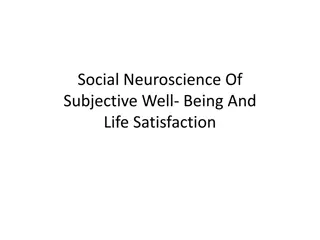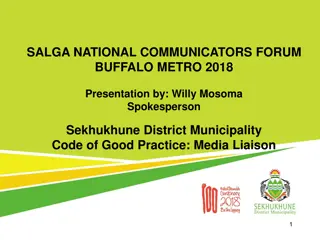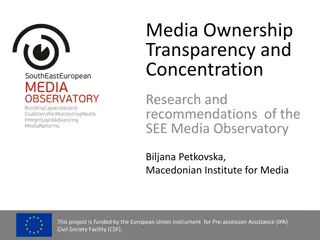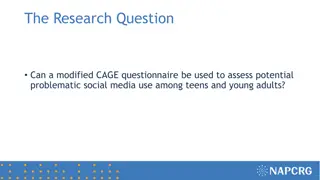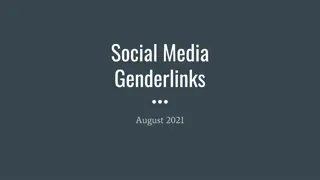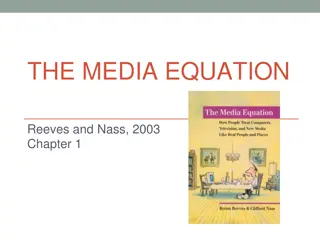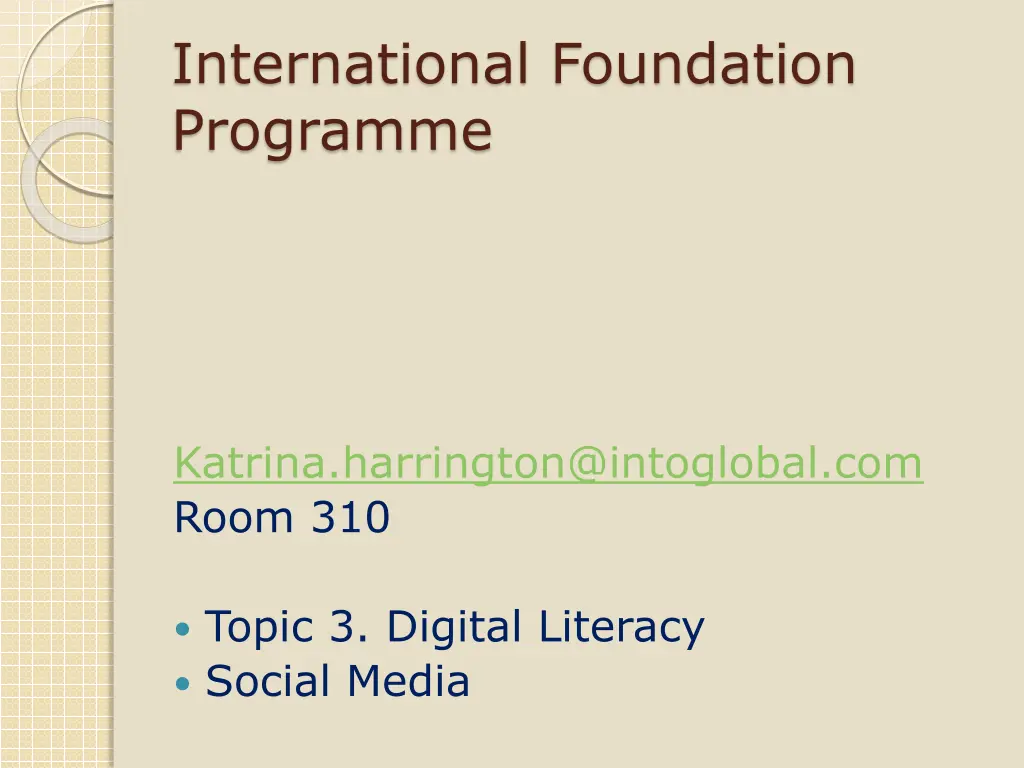
Enhancing Digital Literacy: Lesson on Social Media & Brain Impact
Dive into the world of digital literacy and social media impact on the brain with Katrina Harrington in Room 310. Through communicative skills development, word stress awareness, and engaging Kahoot quizzes, explore the effects of social media on the brain, vocabulary building, and more in this interactive session.
Download Presentation

Please find below an Image/Link to download the presentation.
The content on the website is provided AS IS for your information and personal use only. It may not be sold, licensed, or shared on other websites without obtaining consent from the author. If you encounter any issues during the download, it is possible that the publisher has removed the file from their server.
You are allowed to download the files provided on this website for personal or commercial use, subject to the condition that they are used lawfully. All files are the property of their respective owners.
The content on the website is provided AS IS for your information and personal use only. It may not be sold, licensed, or shared on other websites without obtaining consent from the author.
E N D
Presentation Transcript
International Foundation Programme Katrina.harrington@intoglobal.com Room 310 Topic 3. Digital Literacy Social Media
Lesson Objectives Develop communicative skills Increase awareness of word stress Develop listening and note-taking skills Practice summarising skills Develop writing skills of complex questions
Kahoot Quiz All students sign in to Kahoot You can give your real name or a nickname
How do social media affect your brain? 1. How do you think social media is connected to your brain? 2. What point are these cartoons making about social media? (discuss with a partner)
Vocabulary Anonymous Dopamine Filter out Impairment Multitasking Nervous system Neurological Phantom Physiological Self-centred Discuss with your partner What do these words mean? Are they nouns, verbs, adjectives, adverbs?
1 Anonymous **** A) deterioration in the functioning of a body part, organ, or system that can result from injury or disease 2 Dopamine *** B) To do more than one thing at the same time 3 Filter out *** C) The system of nerves which sends signals to control the body. 4 Impairment *** D) Something you think is real but actually is not. 5 Multitasking ***** E) A chemical produced by the brain that carries messages from nerves to muscles. F) Relating to your nervous system or to the diseases that affect it. 6 Nervous system **** 7 Neurological ***** 8 Phantom ** G) The way the body operates. H) To remove something unwanted from a group. 9 Physiological ****** I) Only being interested in yourself. 10 Self-centred *** L) Nobody knows who it is.
Vocabulary Answers 1 L adj 2 E Noun 3 H Verb 4 A Noun 5 B Noun 6 C Noun 7 F adj 8 D Noun 9 G adj 10 I adj Collocations: Using the flax website, look up some suitable collocations
Discussion How might social media affect your body, brain or behaviour? Consider Personal relationships- friends, family Addiction Being self-centred Multi-tasking
Watch and take notes Make notes on the following points Key/main points Statistics/facts/figures Interesting points Video
True or False? 1. Three quarters of internet users have trouble logging off. 2. People who use lots of social media sites are better at multi-tasking than people who don t. 3. Nearly 90% of people often imagine their phone is ringing/buzzing when it isn t. 4. Social media communication is more self-centred than face to face communication. 5. People who meet face to face first are likely to have more successful relationships than people who meet online.
1. Three quarters of internet users have trouble logging off. False: 5-10% have difficulty logging off.
2. People who use lots of social media sites are better at multi-tasking than people who don t. False: They find it harder to move between tasks, filter out distractions and remember important information.
3. Nearly 90% of people often imagine their phone is ringing/buzzing when it isn t. True: It s called phantom vibration syndrome
4. Social media communication is more self- centred than face to face communication. True: 30-40% of face to face communication is about personal experience. 80% of social media is about personal experience.
5. People who meet face to face first are likely to have more successful relationships than people who meet online. False. People who meet online tend to like each other more.
Summarising skills Look at your notes and compare with your partner Add to your notes if your partner has anything new Using both sets of notes, try to summarise the video together into four or five sentences. Remember to Paraphrase into your own words Use different word forms, synonyms, sentence structures Focus on main points and join similar ideas together Swap summaries with another pair and try to look for any errors or areas that they could improve. Make these notes with a different colour.
Questions In groups of three, prepare three questions about this topic: Questions should be: Grammatically accurate Show interest and engagement Specific, not general Use a statement and follow it with a question Nb. Questions should be for further research and should not be answered in the lecture. Add your questions to this GoogleDoc next to your group number Arndale: goo.gl/xexjcG Eccles: goo.gl/j27CJQ Piccadilly: goo.gl/uWL2TX Your teacher will give you another group s questions to correct.
Example Questions 1 The lecture claims that 1/3 of the world s population use social media and that this has had a major influence on society. Has this change in society been a positive or a negative change? 2 The lecture states that self-involved communication doubles from 40% to 80% between face-face communication and social media communication. What is the reason for this dramatic change?
Reminder of what to do before the lecture Make sure that you have submitted your vocabulary table and explanation to Turnitin by 11pm on Tuesday 24th October Print a copy of this and bring to the next class for the lecture.



